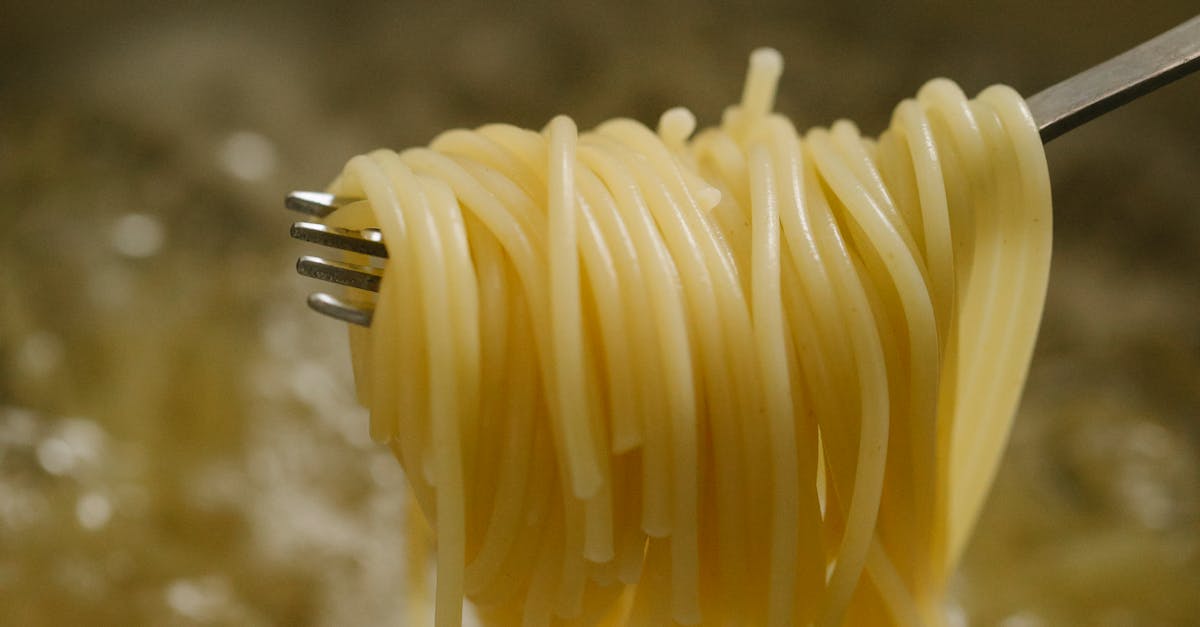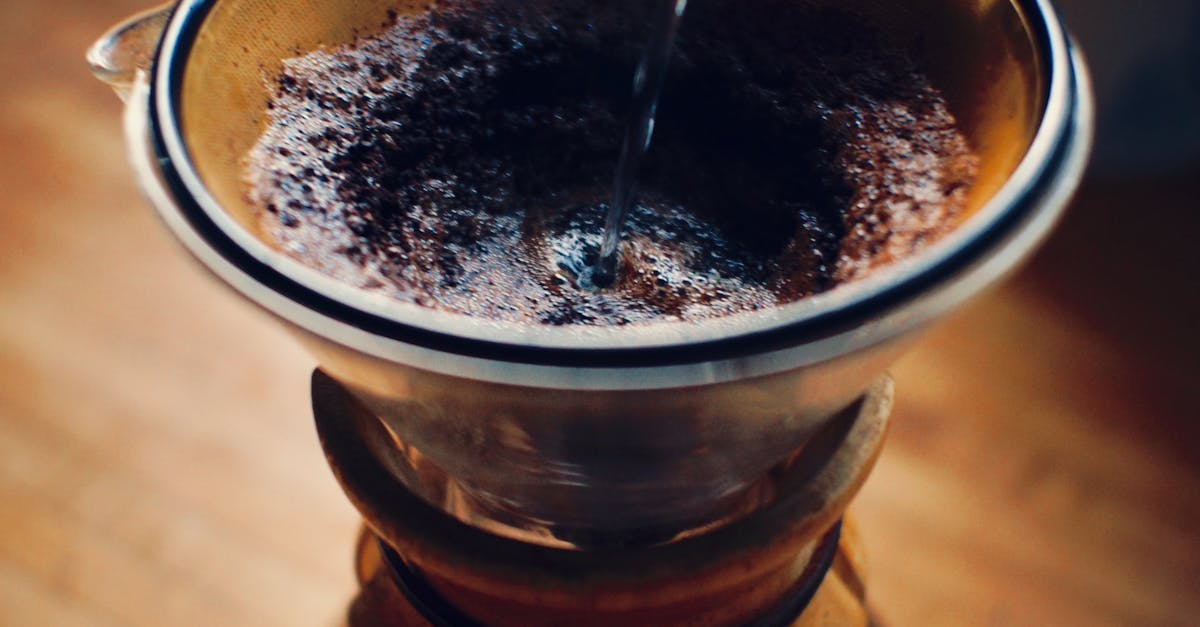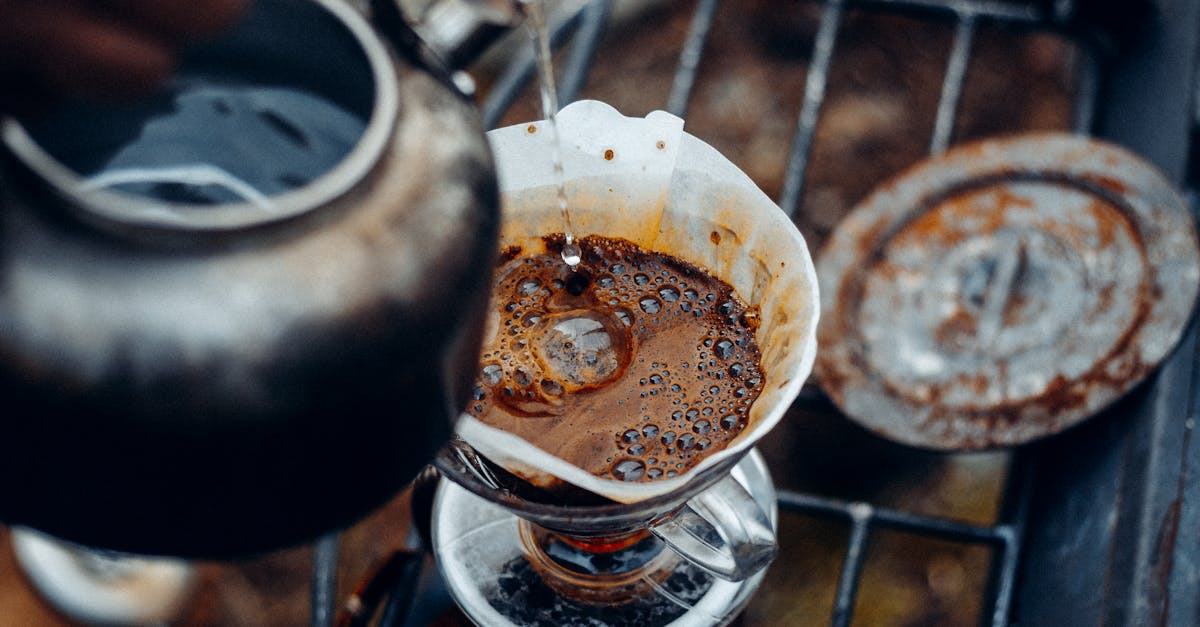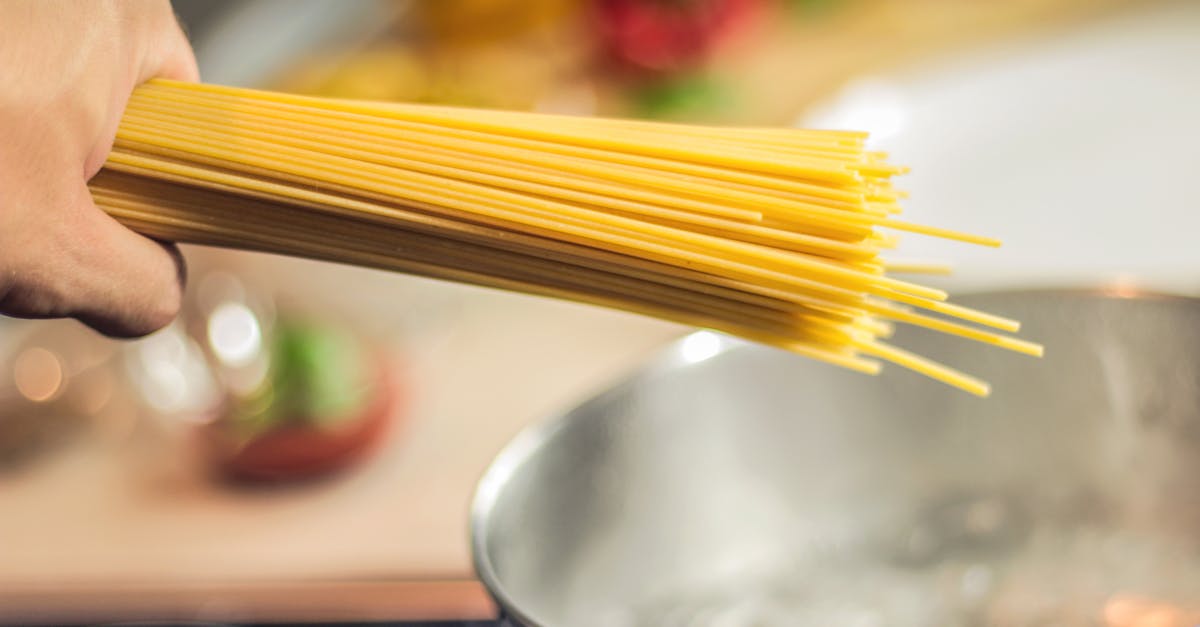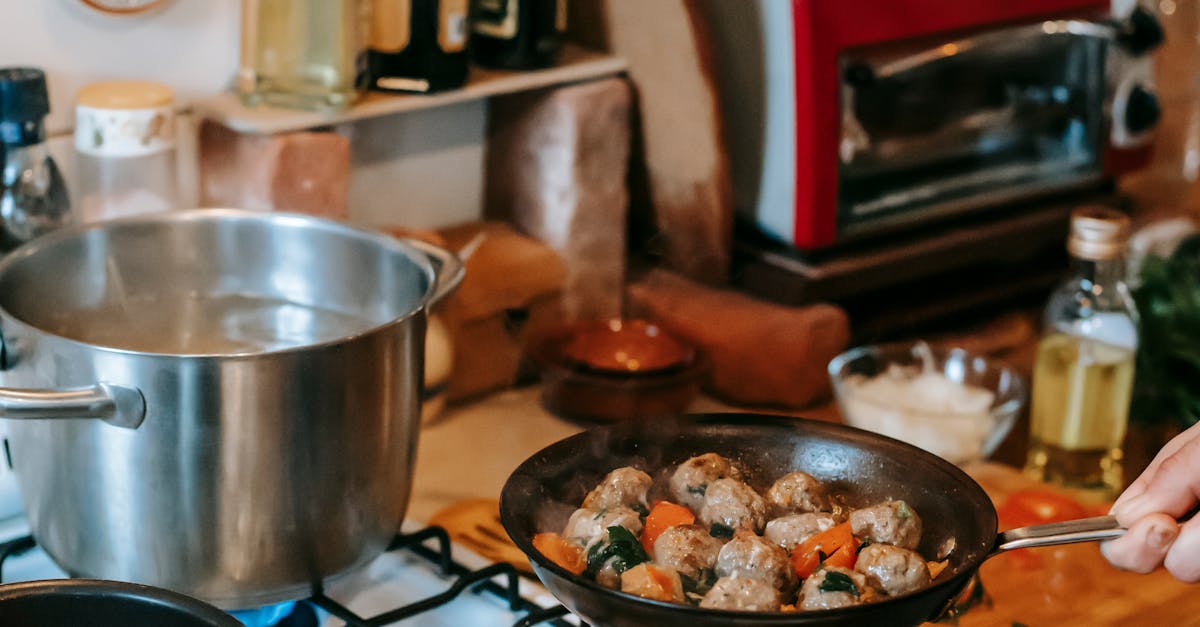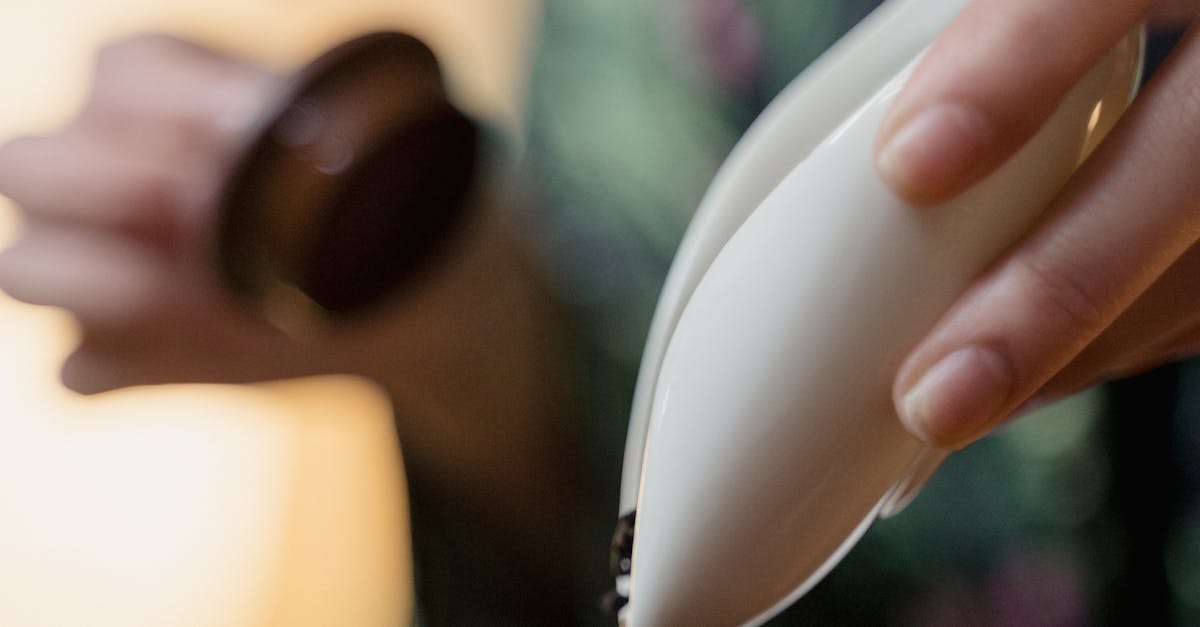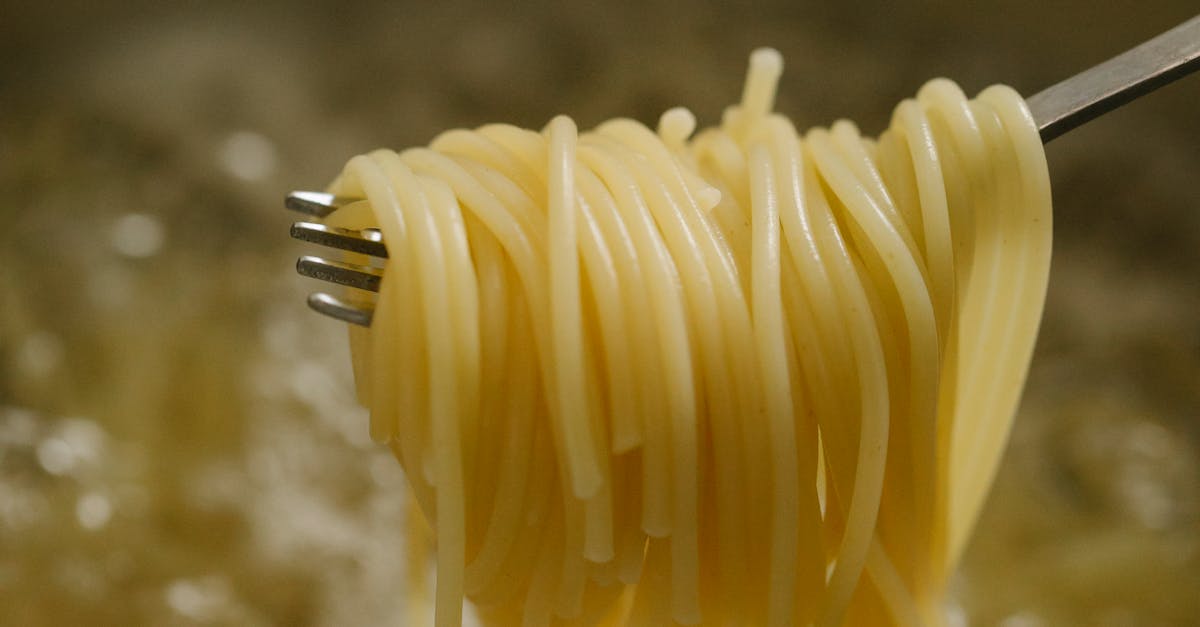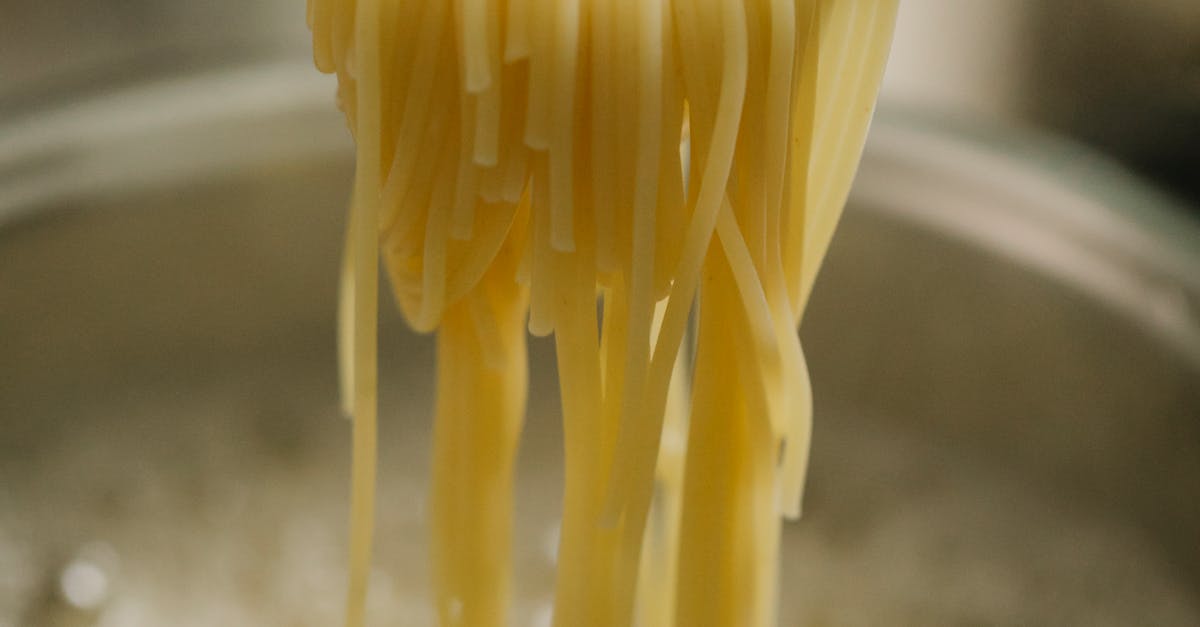
Table Of Contents
Broken Dip Tube
A broken dip tube can significantly impact the performance of your hot water system. The dip tube is designed to transport cold water to the bottom of the tank, where it can be heated efficiently. If this tube becomes damaged, cold water may mix with the hot water at the top of the tank. This leads to lukewarm or even cold water being delivered to your taps.
If you suspect that a broken dip tube is the cause of your water heating issues, it is advisable to consult a hot water plumber. They can inspect the system, confirm whether the dip tube is intact, and replace it if necessary. Addressing this problem promptly ensures that your hot water system operates effectively, preventing further complications.
Role of the Dip Tube in Water Heating
The dip tube plays a crucial role in the process of heating water in a storage tank. It is a long pipe located inside the tank that directs cold water to the bottom, ensuring it is heated efficiently. As the water in the tank reaches the desired temperature, it rises to the top, ready for use. If the dip tube is broken or malfunctioning, cold water may mix with the heated water, leading to a lukewarm supply when you turn on your faucets.
When facing issues with inadequate hot water, a hot water plumber can help assess the condition of the dip tube and other components of the system. They possess the expertise to diagnose whether the dip tube needs repair or replacement. Addressing this problem may significantly improve the efficiency of your hot water system, ensuring a consistent supply of hot water for your needs.
Temperature Settings
One common reason for inadequate hot water is incorrect temperature settings on the water heater. Most residential water heaters have a temperature dial that allows you to adjust the heat level according to your preferences. If the temperature is set too low, it can lead to lukewarm water instead of the hot water you expect. Checking this setting is a simple yet essential step in troubleshooting the issue.
If adjusting the temperature does not resolve the problem, it might be wise to consult a hot water plumber. These professionals can assess whether the thermostat is functioning properly and can also help ensure that other components of the water heating system are working efficiently. Regular maintenance by a qualified plumber may prevent these temperature-related issues from occurring in the future.
Adjusting Your Heater's Temperature
One common reason for insufficient hot water is incorrect temperature settings on your heater. Many water heaters come with factory settings that may not be ideal for your household needs. If the thermostat is set too low, it may not heat the water to the necessary temperature. Adjusting the thermostat can help ensure that your water is heated properly. For safety, the temperature should typically be set to around 120 degrees Fahrenheit.
If you are unsure about how to adjust the temperature or if your heater uses a complex digital system, consulting a hot water plumber is a wise choice. They can provide professional assistance, ensuring that adjustments are made correctly and safely. This can help prevent any scalding risks or energy inefficiencies that could arise from improper settings.
Leaks in the System
Leaks in the hot water system can significantly impact the ability of your heater to produce hot water effectively. These leaks may occur in various places, including pipes, fittings, or even the water heater itself. If you notice a decrease in hot water supply or pools of water around your heater, it's essential to address these potential leaks promptly. Ignoring them can lead to further damage and costly repairs.
Identifying and fixing leaks requires careful inspection and, in some cases, the expertise of a hot water plumber. They can accurately diagnose the source of the leak and provide the necessary repairs or replacements. A professional will not only ensure the integrity of your hot water system but also help prevent future issues, keeping your hot water running efficiently.
Identifying and Fixing Leaks
Detecting leaks in your hot water system can be straightforward if you know what to look for. Begin by checking areas around the water heater, including the inlet and outlet pipes. Look for wet spots, moisture, or rust, indicating potential leaks. Inspect the joints and connections as well, since these are common trouble spots. If you suspect a leak but cannot find the source, monitoring your water bill for unexplained increases may provide further insight.
When you've identified a leak, fixing it varies based on the severity and location. For minor leaks, tightening connections may resolve the issue. However, more significant leaks often require the expertise of a hot water plumber. They can assess the situation accurately and implement lasting solutions, ensuring your hot water service operates efficiently. Regular maintenance can help prevent leaks and prolong the lifespan of your hot water system.
FAQS
What should I do if my hot water service is not heating up?
First, check the temperature settings on your water heater. If they are set correctly, inspect the dip tube for any damage and look for leaks in the system. If you are unsure, it may be best to contact a professional plumber.
How do I know if the dip tube is broken?
If you notice that the hot water supply is inconsistent or there is an absence of hot water, a broken dip tube may be the culprit. You can inspect it by turning off the water heater and checking for any visible damage upon removal.
What temperature should my water heater be set to?
It is generally recommended to set your water heater to 120 degrees Fahrenheit for optimal performance and safety. However, you may adjust it according to your personal needs, but avoid temperatures above 140 degrees to prevent scalding.
How can I identify leaks in my hot water system?
Look for visible water pooling around the water heater, damp spots on walls or floors, and listen for any hissing sounds near the unit. You can also check the connections and pipes for signs of corrosion or moisture.
Can I fix leaks in my hot water system myself?
Minor leaks can often be repaired by tightening connections or replacing washers. However, for significant leaks or issues with the tank itself, it is advisable to contact a professional plumber to ensure proper repairs are made.
